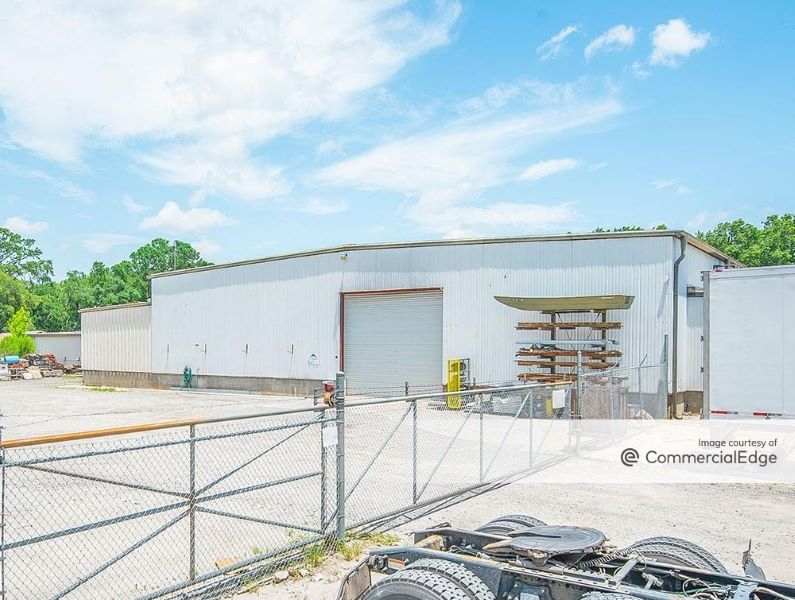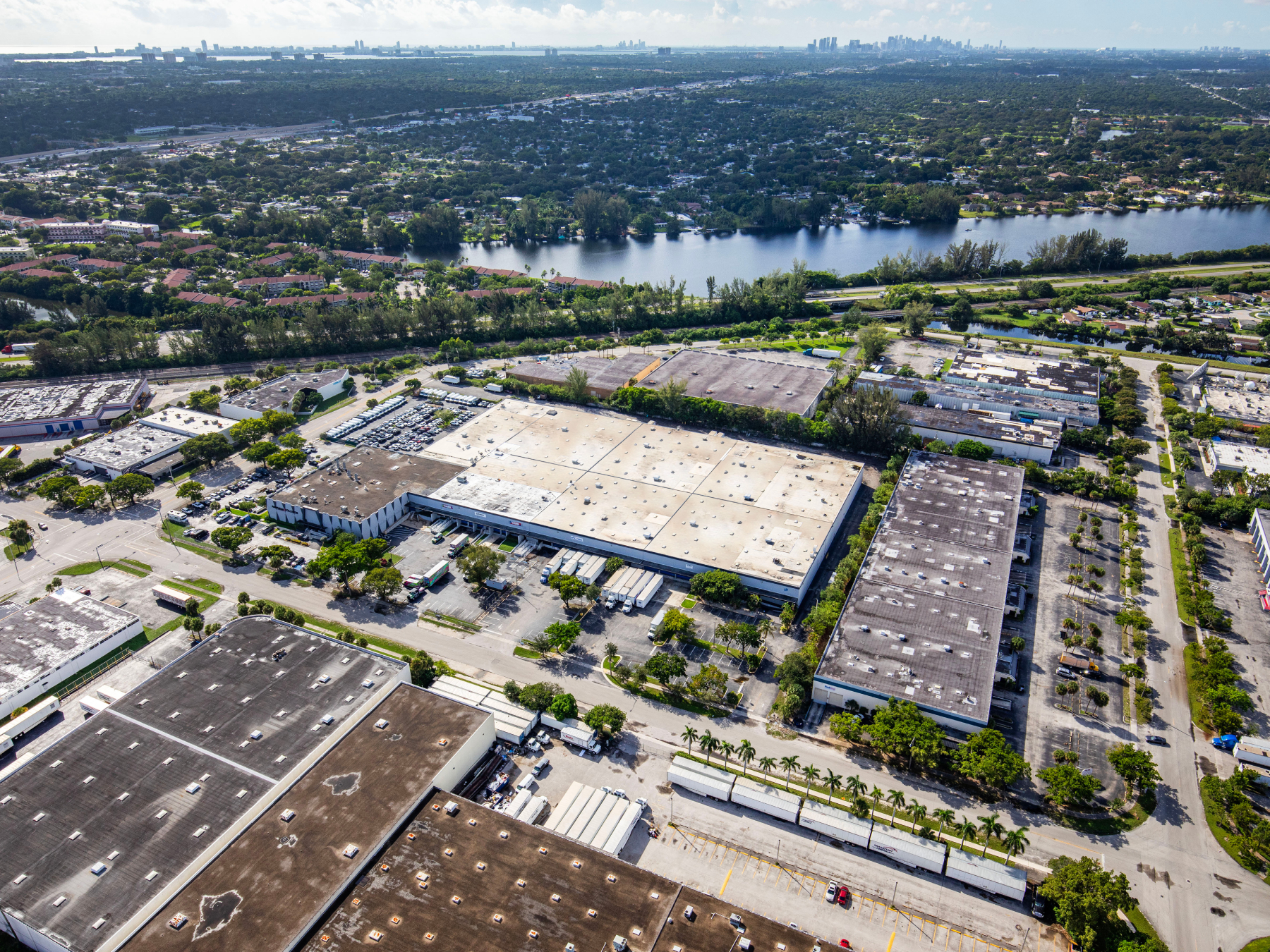Climate Tech Tycoon to CRE: It’s Time to Change
"Digging up dinosaur bones is expensive,” said Chris Sacca, founder & chairman of Lowercarbon Capital, during Climate Day at the CREtech conference.
What does the leading climate tech venture capitalist think of the commercial real estate industry? He thinks it’s stuck in its old ways.
“Buildings built by conventional means are expensive, and it is a process that is risk averse,” said Lowercarbon Capital Founder & Chairman Chris Sacca during the fireside chat that kicked off Climate Day at the CREtech conference in New York City yesterday. “But that has made an industry that is averse to exploration and change.”
With $2 billion under management, Sacca’s company is nearly 1 percent of the $220 billion U.S. industry focused on stopping and remedying the impacts of climate change. From low-carbon concrete to pocket-size sensors that can measure the water flow in an entire building, the technologies needed to meet ambitious sustainability goals exist or will exist, experts say, but they need to scale. Many of these fledgling enterprises were at the conference looking for funders and potential users.
LISTEN TO: CBRE’s Rob Bernard on Unlocking Innovation
“As you build your buildings, we ask that you shift your lens to performance-based standards, instead of building it the same damn way,” said the plain-speaking entrepreneur, who was clad in his signature cowboy shirt and cowboy boots.
Sacca, an early investor in Uber, Twitter, Instagram and other tech giants who appeared on Shark Tank during a brief retirement from investing, seems emblematic of the new world order he is trying to sell.
On Monday, his company announced it had raised $550 million for two climate-related ventures with a letter to LP partners. The letter contained a barb aimed at venture capital competitors: “We’ve built all this without taking blood money from countries actively working to undermine democracy while trampling human rights and obstructing efforts to solve the climate emergency. Maybe your firm could try that too?”
Strategy, not shame
Despite what Sacca had to say about real estate, he’s observed a huge change in the tenor of conversations with CEOs across industries. Previously, companies who invested in climate tech were doing so out of guilt or philanthropy, he said. Today, investing in climate tech has become strategy because investors, tenants and employees are demanding it.
“Now, it is a line of CEOs saying ‘help, I’ve made these commitments and I don’t know how to meet them,’” he said.
In addition to realizing that companies and the world will not reach carbon-reduction goals by doing things the old way, companies recognize that they are leaving money on the table. “All that carbon that goes into making your stuff costs too damn much,” Sacca said.
Climate tech is a “rigged game of sorts,” Sacca said, since everything is more of a “substitute good” than an invention. “I don’t need to reteach an industry what steel is,” he said. “I just need to give you a better one and get you to use it.”
Sacca had a lot of praise for the $1.3 trillion Inflation Reduction Act, which will no doubt provide fuel for climate tech companies. The act was so momentous, he said, that it made Europe jealous. And, while there is some political backlash today against ESG investing, he does not see any reversals coming down the pike. “The reality is the money is going to the right states, and no senator is going to vote that down,” he said.








You must be logged in to post a comment.